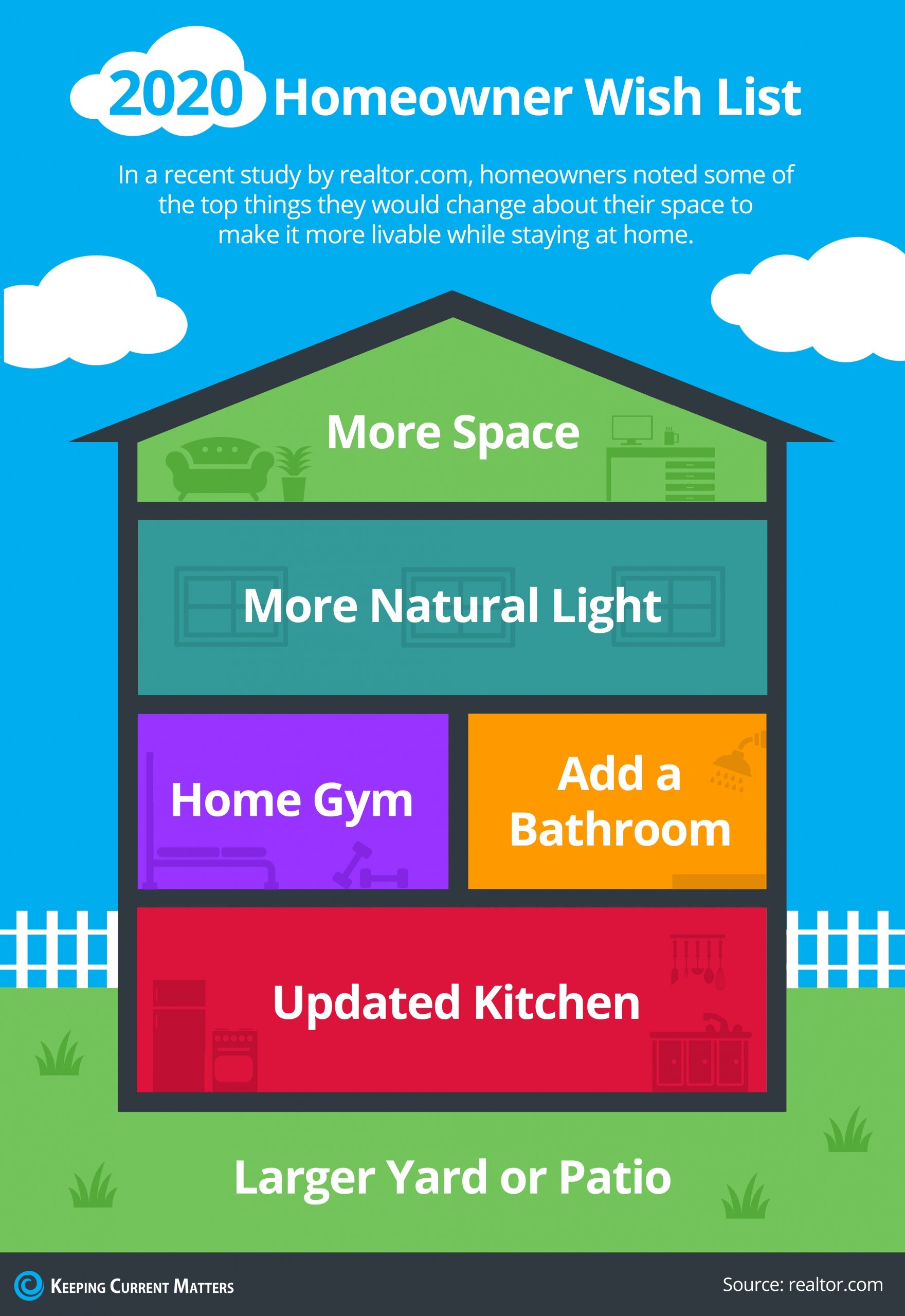30YR: 3.47% (-0.03%)
15YR: 3.60% (-0.03%)
FHA30YR: 3.13% (-0.25%)
Jumbo30YR: 4.54% (+0.25%)
5/1ARM: 4.37% (+0.50%)
Lawmakers and the White House came to an agreement in the wee hours Wednesday morning on a nearly $2 trillion stimulus package intended to boost the economy and rush financial support to businesses and individuals during the COVID-19 outbreak. The package that leaders so far have agreed upon includes a direct, one-time payment of $1,200 to be sent to most adults. It also includes infusing $300 billion in relief toward small businesses, as well as a half-trillion-dollar fund to support companies that may be struggling from mass closures as the nation works to reduce the virus’ spread.
The package includes one provision that the National Association of REALTORS® advocacy team has strongly worked alongside Congress to achieve—an inclusion of unemployment aid that also would apply to independent contractors, a category that traditionally is not included in unemployment laws but one that many real estate professionals fall into.
Under the current proposal, employment insurance will be available to individuals who are furloughed, gig workers, and freelancers. Payments will be increased by $600 per week for four months on top of what states already provide for unemployment compensation. The amount of compensation will vary based upon what the self-employed individual has earned in the past.
A Senate vote is expected by midday Wednesday, followed by a House vote, and then the measure will need to go before the President for a final signature.
“At last we have a deal,” Senate Majority Leader Mitch McConnell (R-Ky.) said at about 1 a.m. in Washington on Wednesday. This “will rush new resources onto the front lines of our nation’s health care fight. And it will inject trillions of dollars in cash into the economy as fast as possible to help American workers, families, small businesses, and industries make it through this disruption and emerge on the other side ready to soar.”
Under the current relief bill, small businesses could be eligible for a Small Business Administration 7(a) loan to use money to go toward mortgage interest, rents, utilities, and payroll costs. A portion of these loans would be forgivable, including payroll costs. NAR worked with the drafters of the legislation to ensure that independent contractors and commission-based income will be eligible for the loans as well as the forgiveness provision, according to NAR’s federal advocacy team. The bills provide a boost in funding to the SBA to help expedite these loans, require little in the way of up-front certification, and also give the administration the authority to temporarily bring additional lenders into the SBA loan program to increase the options for businesses, the advocacy team added.
The legislation also includes a delay in payment of employer payroll taxes. NAR’s advocacy team explains: “All of the payroll taxes of an employer and one-half of the self-employment taxes of a self-employed individual as well as one-half of the estimated taxes of the individual that arise between the effective date of the act and the end of 2020 would not be due to the Treasury Department until December 31, 2021 with the other half due by December 31, 2022, if passed.”
The bill also includes one-time payments of $1,200 to most American adults, which likely will be delivered by early April. It will be based on income reported on 2018 taxes. The amounts will decline based on how much individuals or married couples filing jointly earned (amounts will be gradually decreased beginning with individuals who earn $75,000 or married couples filing jointly who make $150,000). Households will also receive an additional $500 per child. However, individuals earning $99,000 or above and married couples earning $198,000 or more would receive no check.
“If we get this package, we’ll be setting the stage for a good rebound in the second half of the year,” said Larry Kudlow, the White House’s top economic adviser. “This package will undergird workers and families, Main Street, small businesses.”
This marks the third stimulus bill proposed by Congress to respond to the pandemic. Last week, Congress approved a package that mandated greater access to paid sick leave for workers. The legislation also created 100% refundable tax credits designed to provide an offset for small businesses and independent contractors to cover the cost of new paid sick and family leave benefits. Read more about it. Lawmakers have also approved measures to provide free COVID-19 testing and allocate money toward developing a vaccine.
NAR’s federal advocacy team has been working alongside Congress to advocate for real estate professionals on these bills. The association has a FAQ resource page on the latest developments to its advocacy efforts on behalf of real estate professionals as well as a page devoted to the latest developments on key legislation.
Source:
“Deal Reached on $2 Trillion Coronavirus Stimulus Bill—Largest by Far in U.S. History,” Los Angeles Times (March 24, 2020)












